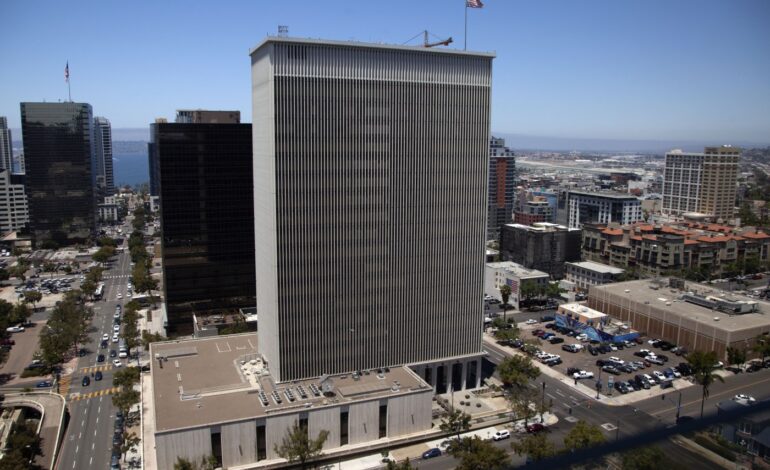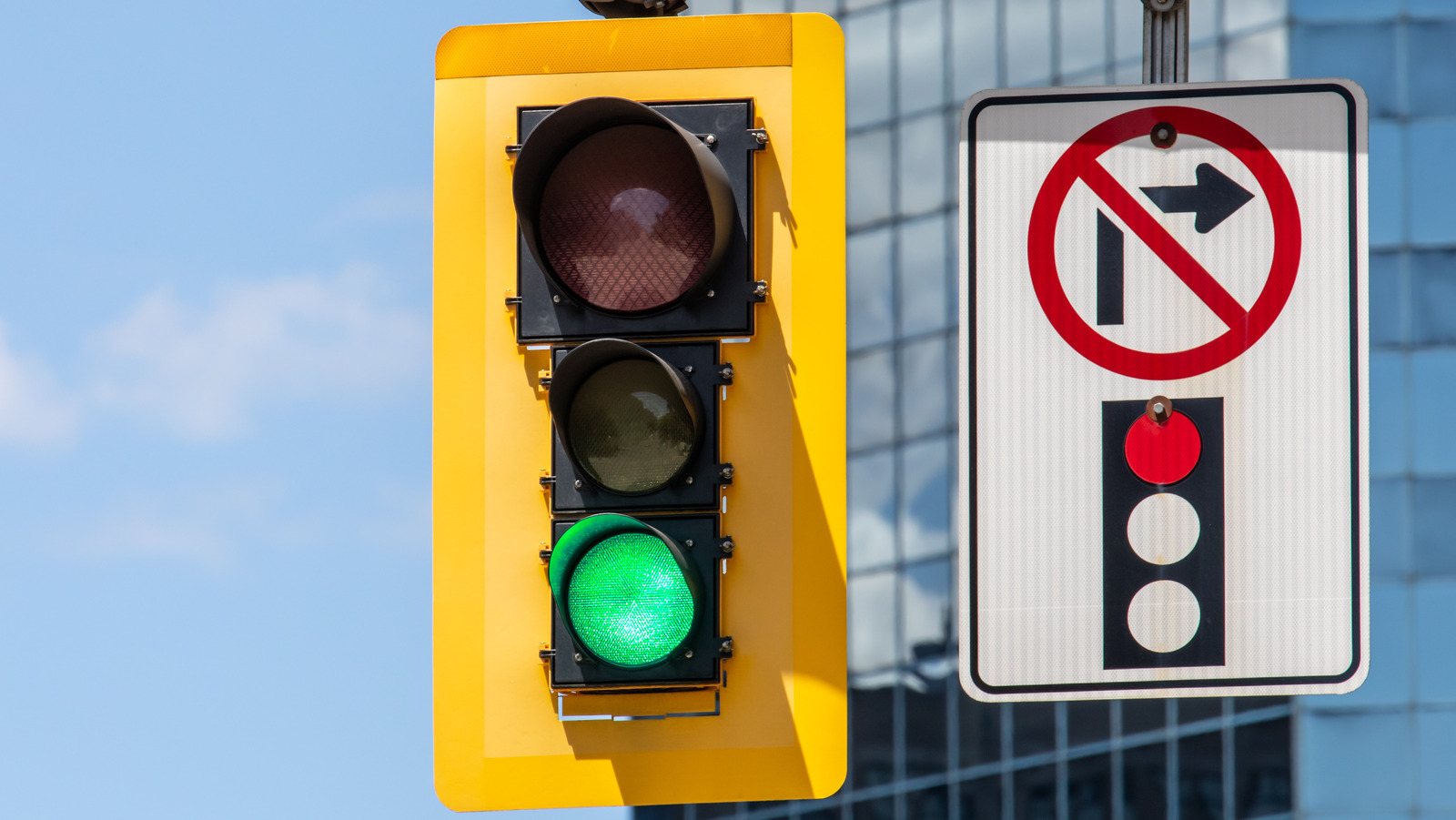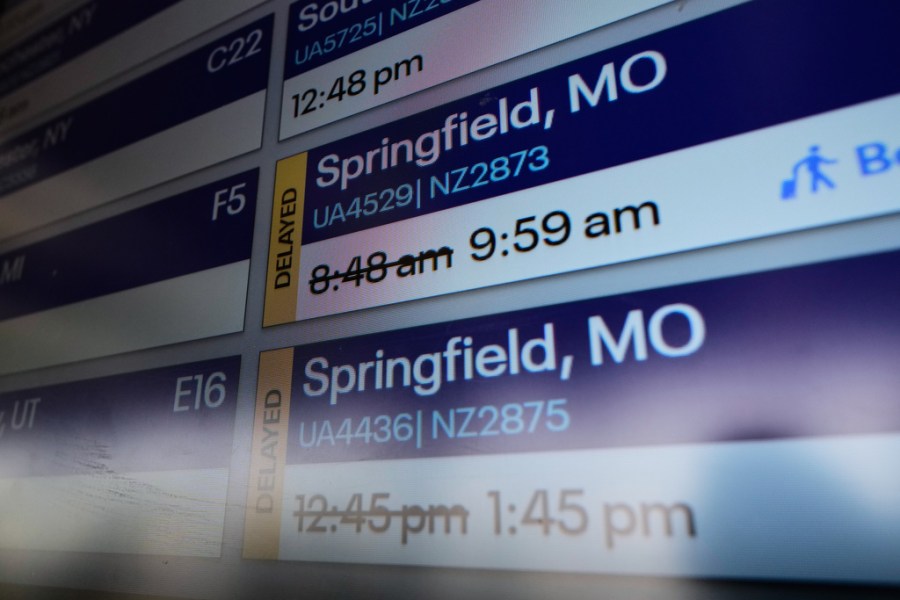San Diego’s 101 Ash St. Proposal Faces Tough Scrutiny

San Diego’s City Council is set to consider a controversial proposal to rehabilitate the long-vacant 101 Ash St. building, a site that has become emblematic of municipal mismanagement. The plan involves converting the 21-story office tower into 247 rent-restricted apartments for lower-income residents, alongside 25,000 square feet of retail space and a 4,000-square-foot child care facility. The estimated cost for this redevelopment is approximately $267.6 million, raising concerns about the project’s financial viability.
Critics have highlighted several troubling aspects of the proposal. The city would be required to issue a seller’s note to facilitate financing for the developers, MRK Partners and Create Dev LLC. Additionally, the possibility of securing historic property tax credits for a building that many see as a symbol of failure has drawn skepticism. Real estate professor emeritus at the University of San Diego, Norm Miller, remarked, “I think it is a sweetheart deal for the developer, but I don’t see a lot of good alternatives for the city,” indicating the tough position city officials find themselves in.
Background of the 101 Ash St. Dilemma
The challenges surrounding 101 Ash St. began in 2016 when the city entered into a costly lease-purchase agreement pushed by then-Mayor Kevin Faulconer and supported by then-Councilmember Todd Gloria, who is now the mayor. Subsequent decisions, including a remodel that uncovered serious asbestos issues, have left the building empty and costly to maintain. The city’s ongoing expenses for security and upkeep have only compounded the situation.
In 2022, tensions escalated between then-City Attorney Mara Elliott and Mayor Gloria over the future of the building. Elliott aimed to take legal action against key figures involved in the original agreement, while Gloria preferred to settle litigation and pursue a broader redevelopment strategy for the adjacent City Hall-Civic Center complex. Ultimately, the council sided with Gloria, prioritizing settlement over potential legal battles that could expose further mismanagement.
Despite the setbacks, the city’s commitment to affordable housing remains a priority, as mandated by the state Surplus Lands Act. However, efforts to solicit proposals for the redevelopment of 101 Ash St. initially failed to attract interest. Eventually, the mayor opted to shelve redevelopment plans due to budget constraints, leaving the building’s future uncertain.
Current Proposal and Future Implications
The proposal from the Create development team, led by Kelly Modén, emerged as the most viable option following an unsolicited bid from a San Diego orthodontist to purchase the building for $10 million and create supportive housing units for the homeless. Another proposal came from Affirmed Housing Group, which has a solid track record in affordable housing development but relied heavily on public housing vouchers, a resource that has become increasingly limited.
The council faces a tough choice: back the current proposal that promises hundreds of affordable homes or hold out for potentially better alternatives. Some members may argue for revisions to the plan, while others are inclined to move forward, eager to resolve the long-standing issues associated with 101 Ash St.
As the city prepares for the City Council meeting scheduled for Tuesday, the complexities of the proposal reflect a broader struggle. San Diego officials must balance the need for affordable housing against the backdrop of past failures and ongoing financial challenges. The outcome of this decision may shape the future of the city’s approach to urban redevelopment and provide a critical lesson in municipal governance.






